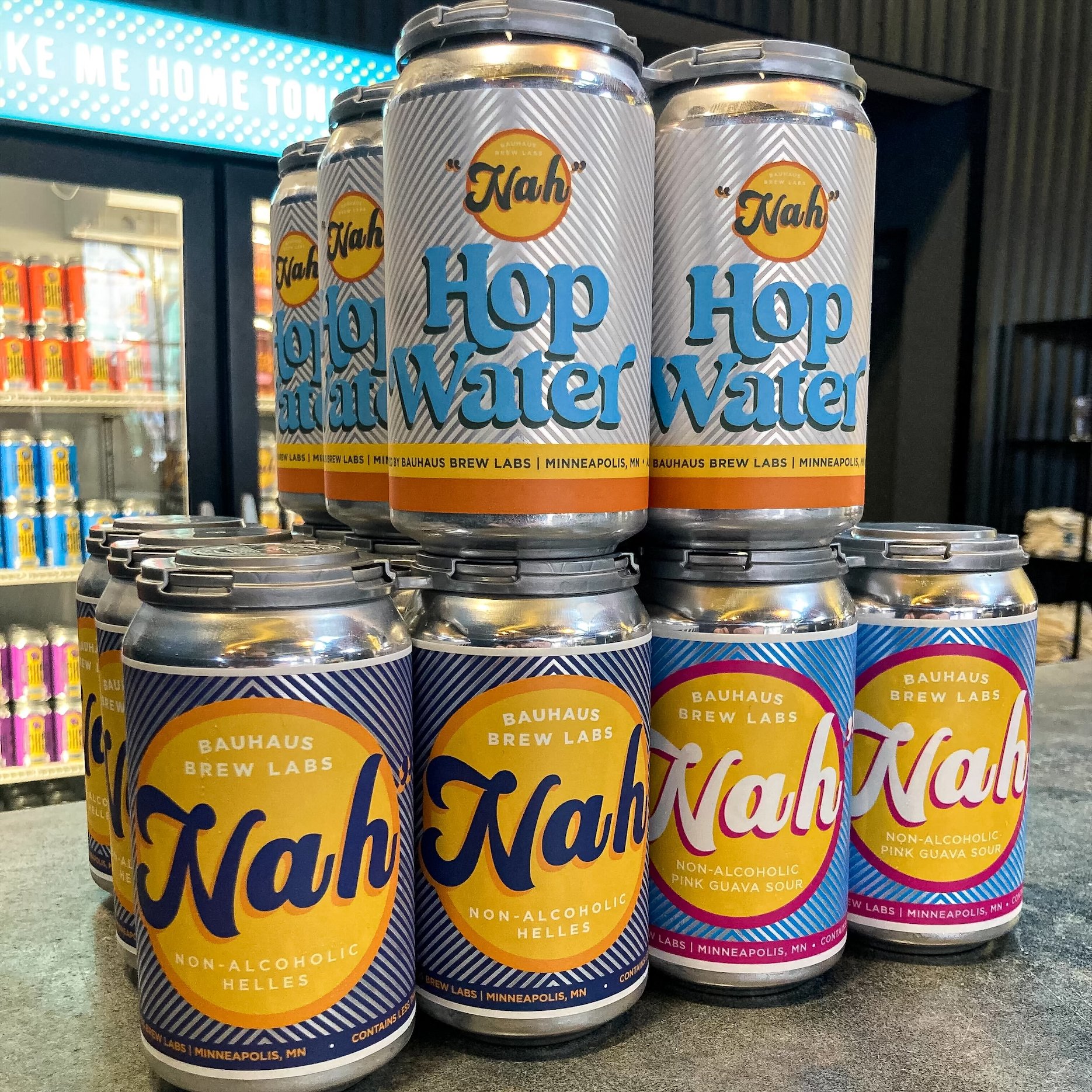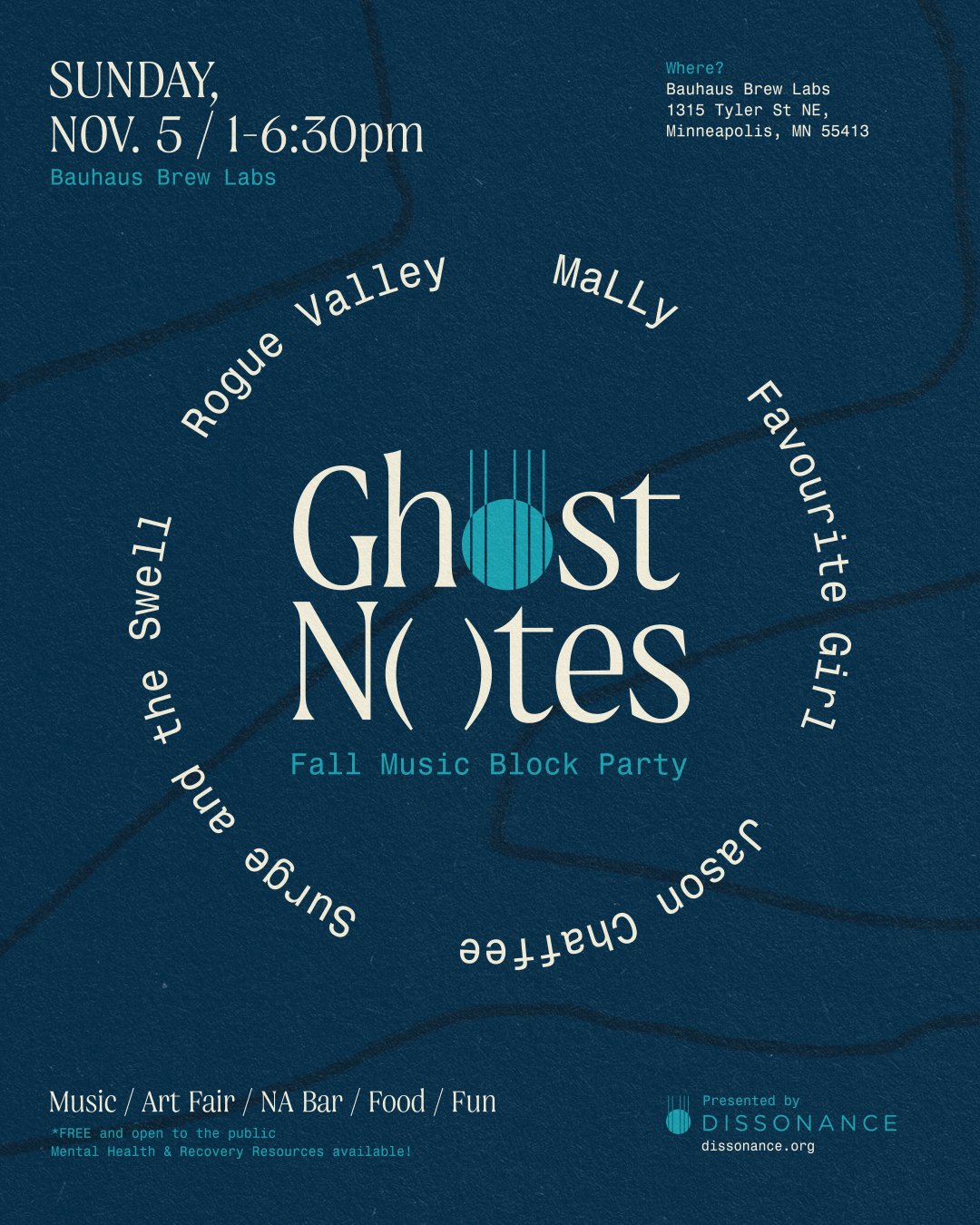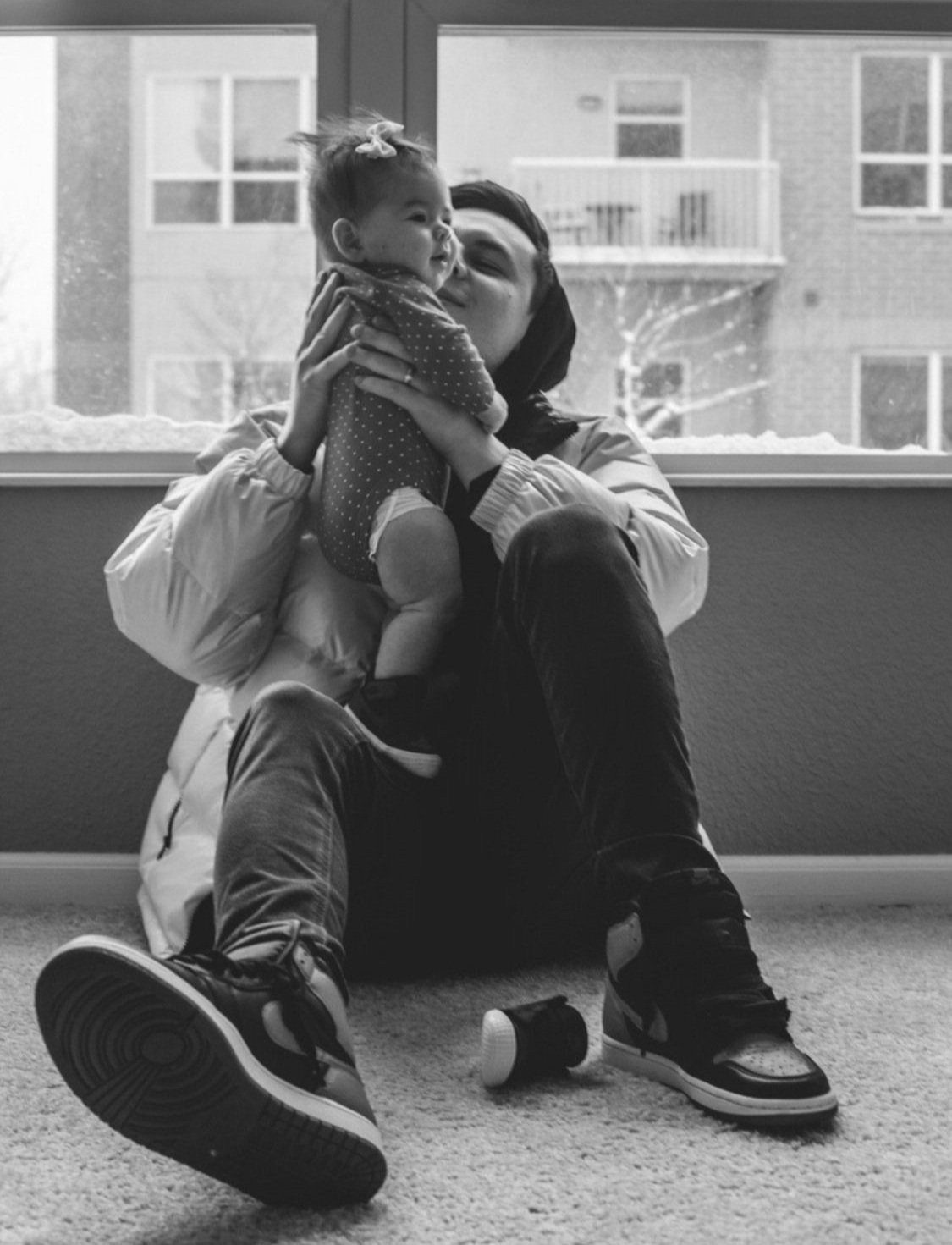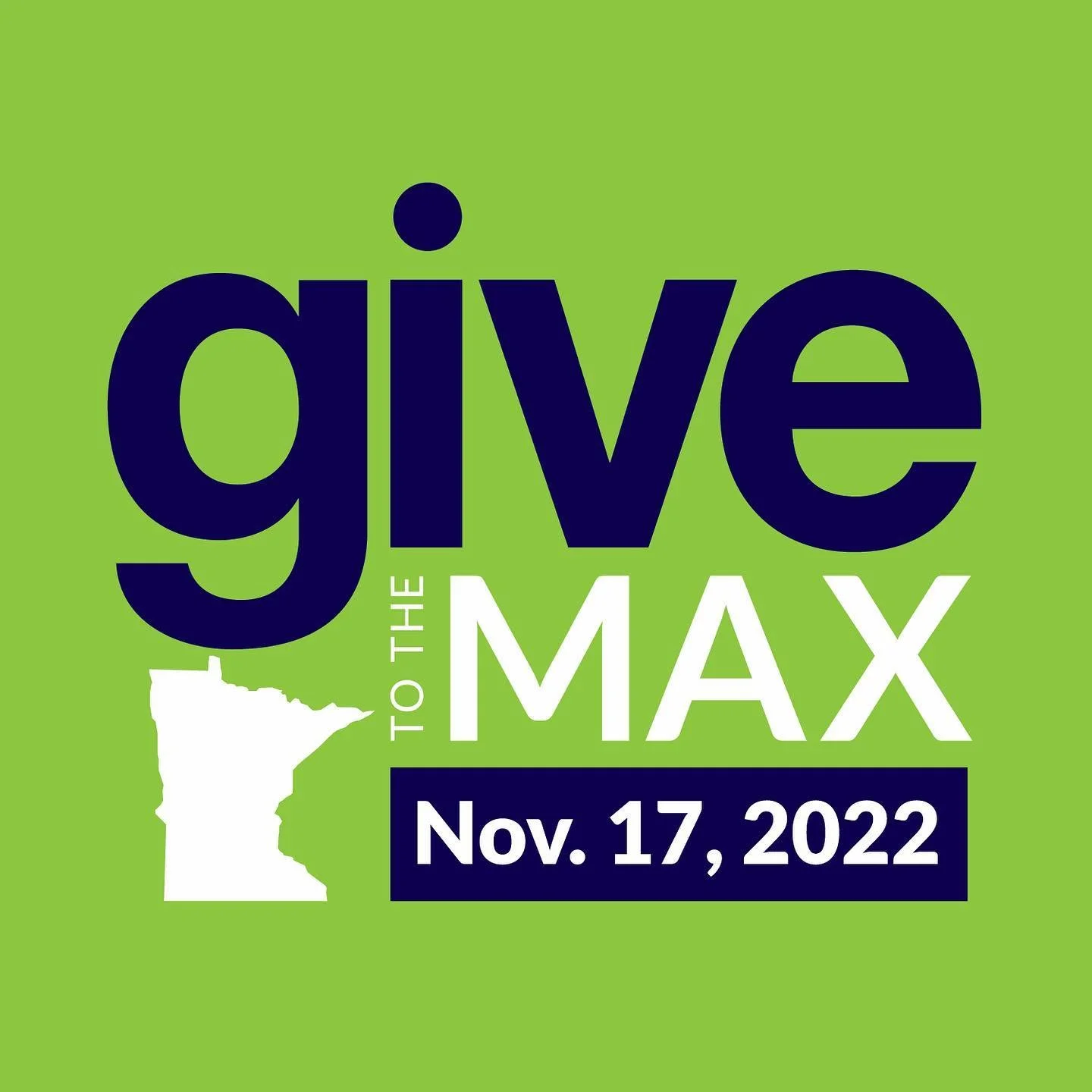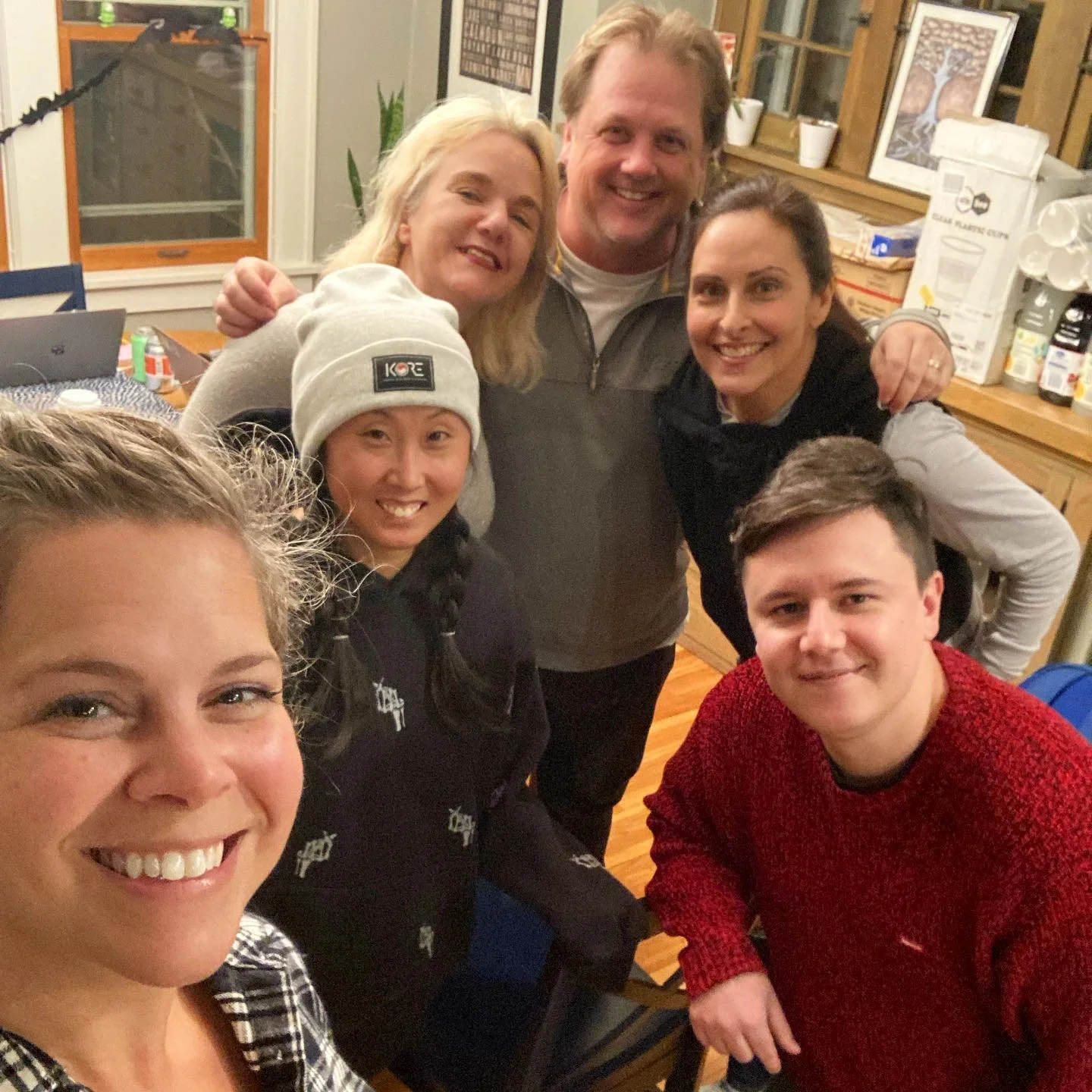EDITOR’S NOTE: This is the backstory of a show called Blood Will Tell, coming up on April 27 at the Center for Performing Arts in Minneapolis (37th and Pleasant). Get tickets.
By Scott Zosel
When my wife and I set out to create a show featuring songs I’d written about my family, I did it primarily for self-promotion—to continue publishing work. And what artist wouldn’t, right? Isn’t that what we’re supposed to do? Publish, promote, repeat?
The songs I’d written over the years for family funerals for my mother, father and brother were damn good. The song I wrote and performed for my daughter’s wedding got rave reviews. And there were others – some of my best material that I would seldom, if ever, play live because I never felt I had the right context to express them. Singing these personal songs just felt weird to me.
The songs revealed too much about me – my deep feelings of sadness, joy, confusion and much more. It was much too hard to sing some lines without tearing up. If you’ve delivered a eulogy, or one of those awkward wedding toasts to a close friend, you know what I mean.
So as Nan and I pondered this show that she would later entitle Blood Will Tell, it seemed to make sense that the subject matter might be compelling to a wider audience. Blood Will Tell was a playful poem she penned, not necessarily for the show, but what would eventually become the title. It seemed to fit. After we made some of the preparations and I started rehearsing the songs with a band, it became clear to me that this was a journey I didn’t expect.
Nan and Scott Zosel
Blood Will Tell quickly became something bigger than me. Managing the details of a show – the promotion, rehearsals, content – was the easy part. Reaching deep inside to find some emotional availability to deliver these songs was the bigger challenge. And of course, my ongoing vulnerability: dealing with all of my usual self-doubt surrounding the idea of performing family stuff. So many questions swirling inside me, 24-7.
‘Who will care about this? How dare you exploit your family for personal gain? Who do you think you are anyway?’
Yeah, the usual stuff. I’m still working through some of it, but self-doubt be damned, the show will go on. But now for some full disclosure.
Truth to tell, I come from a great family of five children; strong supportive relationships with both parents and fun, collaborative camaraderie with most of my siblings. But even the best of families have their dark sides, their deep issues. Mine is no outlier, to be sure.
When my father passed away in late 2016, he left behind my mother all alone in a big house on Fremont Avenue in the south Minneapolis Uptown neighborhood. Mom had dementia that had been developing for years. She was unable to care for herself. A week after my father died, my beloved older brother Tom was diagnosed with colon cancer and died four months later.
Mom’s care was a bone of contention among siblings. Tom’s death did nothing to quell the family turmoil, and seemed to tear it even further apart. Mom’s care eventually devolved into a custody battle, and ugly legal proceedings. The toll on the family was devastating. The once seemingly close-knit family unraveled quickly.
For me, the turmoil led to debilitating anxiety and bouts of deep depression. I’d wake up in the night pondering possible solutions to this horrible problem, going around and around, like a dog chasing its tail. As the oldest living sibling, I felt a deep sense of responsibility to make this right and pull the family together like Mom and Dad would have wanted. But it was not to be.
To this day, the family is estranged unfortunately. But I’ve made my peace with it. I did everything I felt was right at the time, and to be honest, I feel my siblings think they did as well. And that’s fine with me. I still love them somehow, but having a real adult relationship with them would be tricky. I still keep the door open a crack, just in case.
Blood Will Tell is 10 songs about my family members, but not necessarily tributes. They are stories about my relationships with them. The writing of the songs themselves speaks to how I experience family and talk candidly about it. Blood Will Tell is not just the story of my family, but of all families who love each other, in their own tender and imperfect ways.
At my show on April 27, I'll put my deepest emotions into the crosshairs to be examined for this one night, to tell these stories once and for all, about the people I love most, so they leave their mark and maybe I’ll never sing them again.
Blood Will Tell liner notes: songs about family in the words of Scott Zosel
Coal Black Curls - Jim Zosel was my whole world, my best friend who emerged from a wilderness, a whirlwind of internal battles, sometimes a conflicted man. He always spoke the truth of Love's potential. And, demonstrated it to me, in real terms how to be emotionally available, and taught me how to have true emotional intelligence. Dedicated to my Father.
Tuck Me In - Nan Zosel never really loved herself the way she should, like many women of her generation, bound by thankless matrimonial duty and a disfunctional family of origin. Yet she had an endearing, enduring capacity to express love so that we all felt loved, and whole. She never failed in that regard. Dedicated to my Mother.
Irish Twins - The way brothers love each other, protect each other, learn from each other; the deep bond of two lucky enough to be born a year apart, sharing the same room, their dreams, their thoughts…and their whole lives for eternity. Dedicated to my brother Tom who passed in 2017.
Tucson Calling - How far do we have to travel to prove our love, when we’re not sure what we’re getting ourselves into? Sometimes thousands of miles over the steepest mountains, to barren deserts of Arizona. Dedicated to my daughter Aurora on her wedding day, who followed her eventual husband Colin on a journey to pursue his Docorate degree at the Univeristy of Arizona.
Build You a House - As parents, we go to great lengths to protect those we love, especially our children – to nurture, to make the world right and safe, so love comes to life. Dedicated to my daughter Terra.
Come Out and Play - The anticipation of a new generation springing forth, but only comes once. This is the imagining of a new stage of life, and the treasures that come with it – our treasured first grandson! Dedicated to James, born after a tumultuous 36 hour labor.
Disappeared - When someone discovers their sweet spot, a place for expression that feels safe and sublime; a place they can share with the whole world, commune with others and find love - we disappear! Dedicated to my wife Anne (Nan Marie) the dancer who inspires hoards of folks to dance freely with earbuds in public settings.
Brighter Sun - When we die, we don't know where we'll go, but it's comforting to know, to see the spot where we'll join hands someday and be together for eternity, in the brighter sun. Inspired by the experience of purchasing grave plots at Lakewood cemetery.
Death Made a Friend - Love mysteriously connects us to tragedy, whether we like it or not, because we value virtue, concede to its charm, over all else. We're sucked into the destructive cycles, because love leaves us no choice to embrace all that is good, and the hope we so desperately need. Dedicated to Brother-in-law Tom Uldrich who passed away in late 2023.
Blood - When love, affection and connection get upended by acrimony’s stiff breeze, we still have blood – hardwired memories of the best of times we once shared. And Sometimes it's enough. Love is so much stronger than we know.
Dedicated to the Zosel family.
Scott Zosel is a solo songwriter who has also been making music with bands in the Twin Cities since the 1980s. Scott’s upcoming performance entitled Blood Will Tell will take place on April 27, 2024 at the Center for Performing Arts in Minneapolis. Get tickets.








